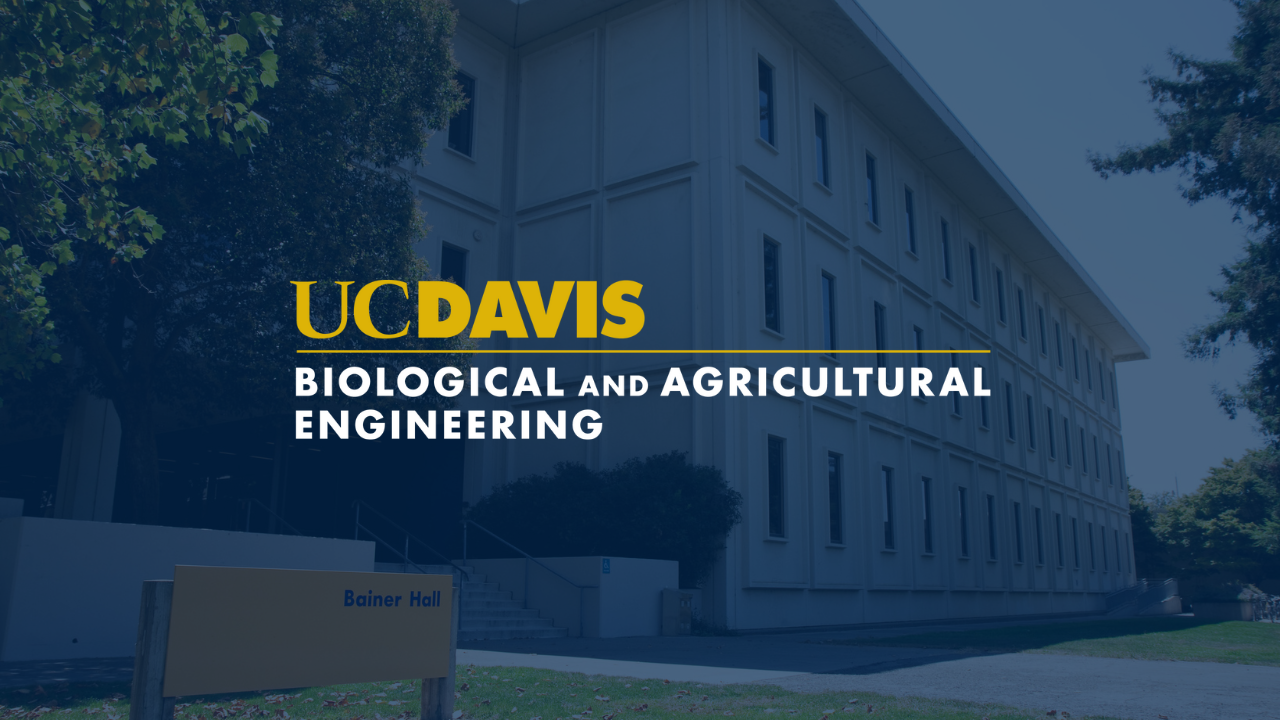
Event Date
Intensive utilization of fossil energy has resulted in the increased greenhouse gas (GHG) level in the atmosphere, ultimately resulting in global warming. Net-zero emissions have been globally admitted to inhibit global warming, and biofuel is essential to reach net-zero emissions. Bioethanol and biodiesel are two major types of biofuels in the current market. However, biodiesel usage is constrained by poor low-temperature performance, and the high energy consumption in the purification reduces the renewability of bioethanol. Urea inclusion, a novel biodiesel bioprocessing technology, can effectively remove the saturated components in biodiesel to make it suitable for winter-season diesel or jet fuel. On the other hand, fully electrically powered ultrasonic separation can significantly improve the separation efficiency while breaking the bottleneck of azeotropic point. By using renewable electricity, ultrasonic separation can easily reach the net zero emission for bioethanol production. Moreover, compared to state-of-the-art technology, ultrasonic separation can potentially reduce over 60 % of the total energy consumption in purification. In summary, sustainable and efficient bioprocessing in biofuel biomanufacturing can enlarge the utilization scope or increase the renewability.
